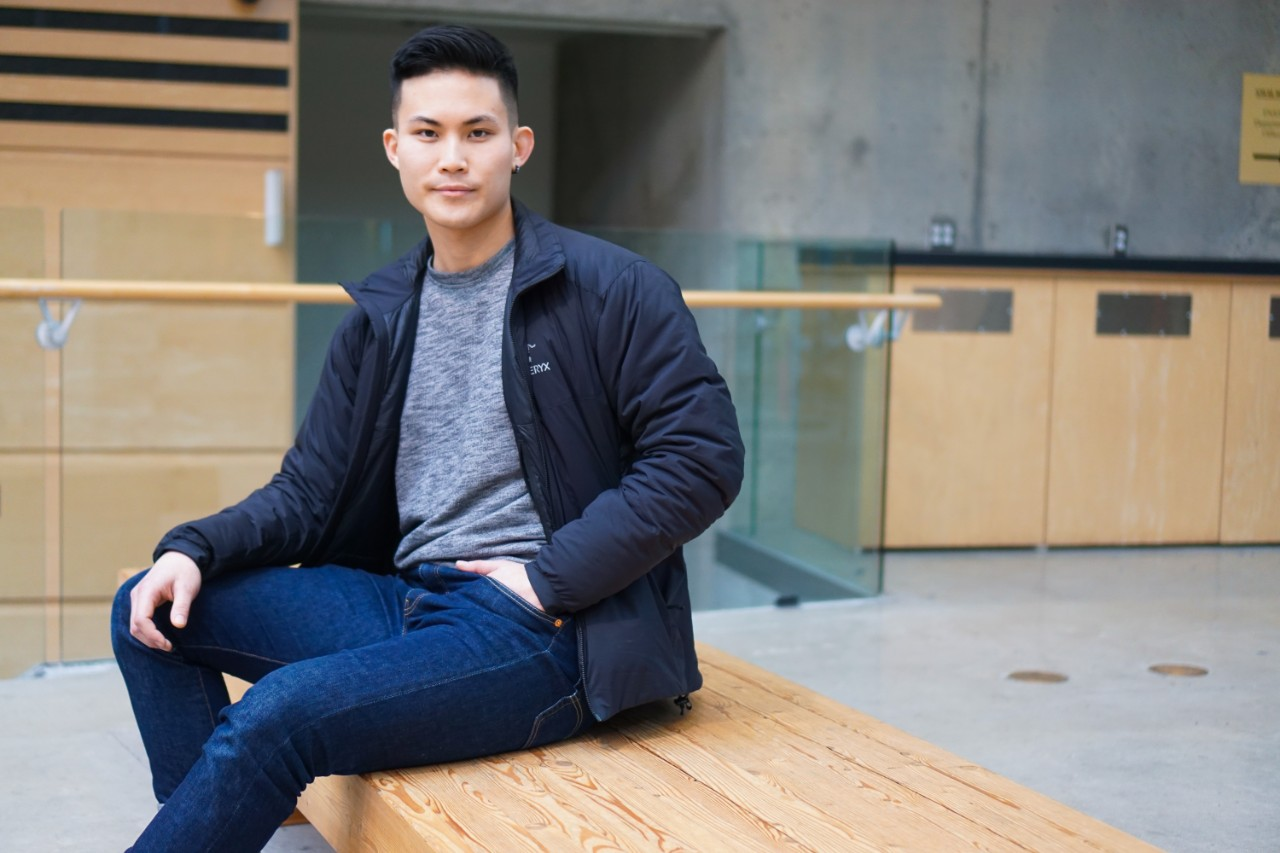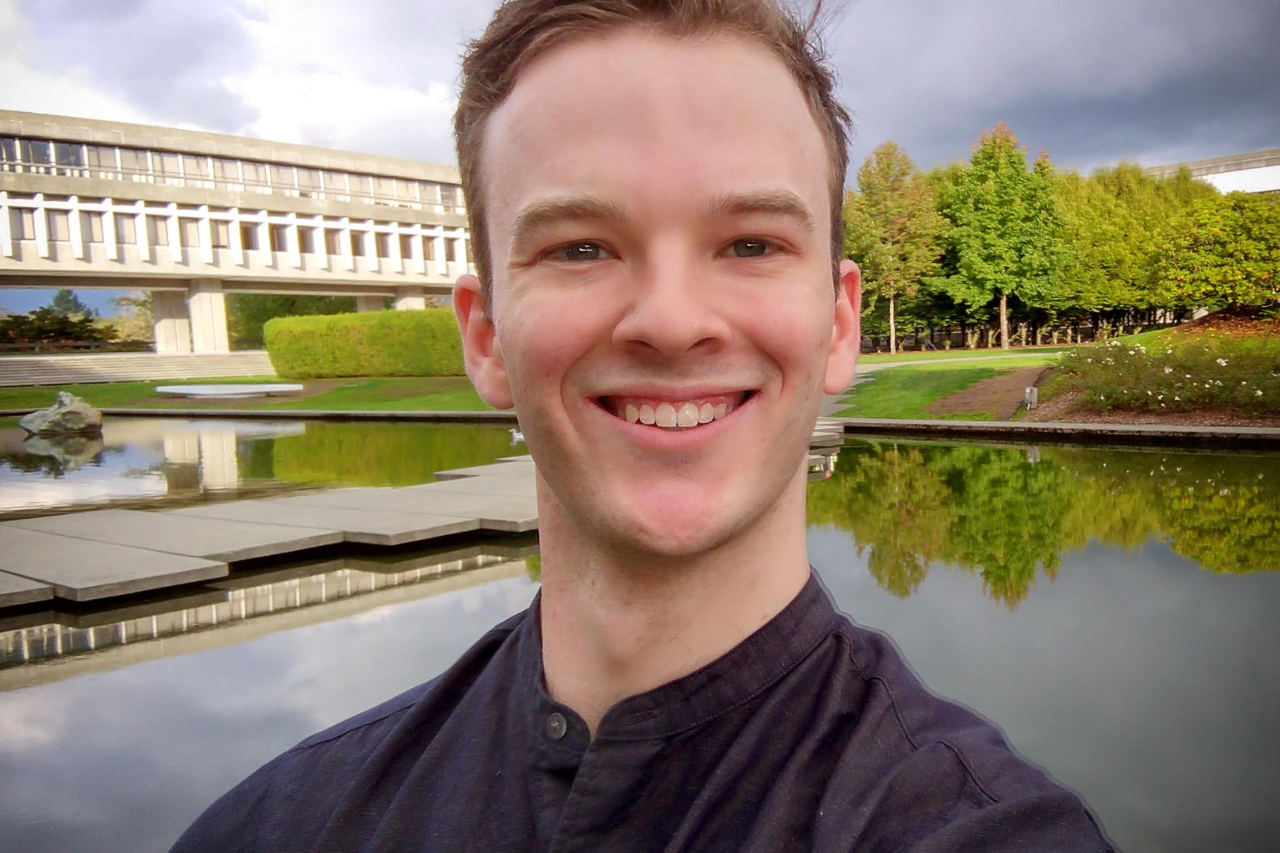- Faculty & Staff
- About
- Departments and programs
- Accelerated Law (SFU-Exeter)
- Anthropology
- Applied Legal Studies
- Cognitive Science
- Criminology
- Economics
- English
- French
- French Cohort Program
- Gender, Sexuality, and Women's Studies
- Gerontology
- Global Asia
- Global Humanities
- Graduate Liberal Studies
- Hellenic Studies
- History
- Indigenous Languages
- Indigenous Studies
- International Studies
- Labour Studies
- Linguistics
- Medical Humanities and Social Sciences
- Philosophy
- Political Science
- Psychology
- Public Policy
- Social Data Analytics
- Sociology
- Urban Studies
- World Languages & Literatures
- Undergraduate
- Graduate
- Alumni
- Research
- Teaching
- News & events
- FASS at Surrey
- Next steps for new students (redirect)
Cognitive Science
Understand the mind and its processes, including consciousness, language, learning, information processing, and decision making. This interdisciplinary program is explored at the intersection of linguistics, psychology, computing science, and philosophy to reach a broader and deeper understanding of cognition.
Students in the cognitive science program customize their individual programs within a set of required and recommended courses according to their developing interests. Faculty associated with our program and the cognitive science community at Simon Fraser University contribute collaboratively to a wide range of research areas.
The department encourages interested students interested in academia to participate in research and seek opportunities to work with the cognitive science faculty. Such mentorship and collaboration opportunities have produced highly skilled and well-regarded graduates, many of whom have already published research by the end of their undergraduate degree.
Program Options
Learn more about the different degrees and programs available to you at Cognitive Science.
Undergraduate options
Major
Honours
Minor
Co-operative Education Program
Career Pathways
The multi-faceted nature of cognitive science helps students develop a variety of skills and knowledge applicable to a variety of fields and career options. Our alumni have gone on to enjoy varied careers, including:
- CNC programmer or machinist
- Software developers
- Project managers
- Consultants
- Technical writers
- Academics and lecturers
“I chose Cognitive Science because I wanted to explore the intersection between humans and technology. Cognitive Science allowed me to explore a vast body of information and ideas, giving me the tools to take it where I wanted to go. Furthermore, I knew having the exposure to so many different fields and disciplines would give me the opportunity to dig deeper and then augment if something caught my eye.”





